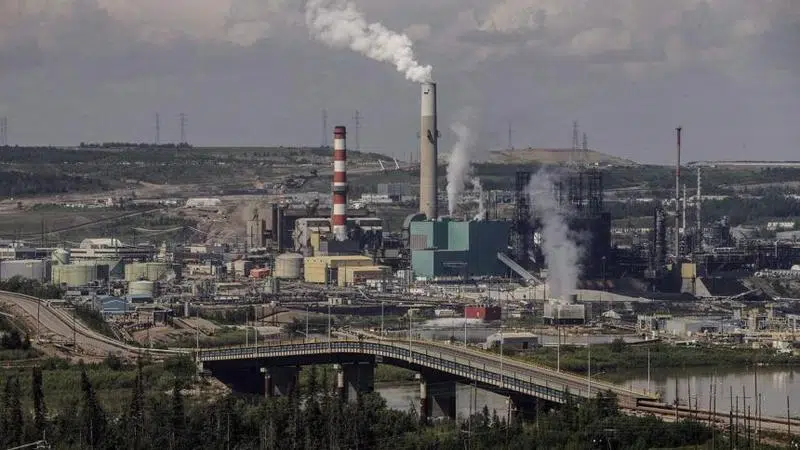
People living in Saskatchewan will get smaller carbon tax rebates in 2020
As the Saskatchewan government vows to continue fighting the carbon tax, the federal government has decreased carbon tax rebates to the province and two others who have not adopted carbon pricing models that meet federal requirements.
Alberta has also been added to the mix after that province’s United Conservative Party repealed the previous government’s consumer carbon tax.
Saskatchewan will see the biggest drop in the rebate. The federal finance department says a family of four will qualify for rebates totalling $809 in 2020, down from the $903 that was projected last year.
In Ontario, the rebate for a family of four has been set at $448, down from $451, while families in Manitoba will receive $486, a decrease from $499.


